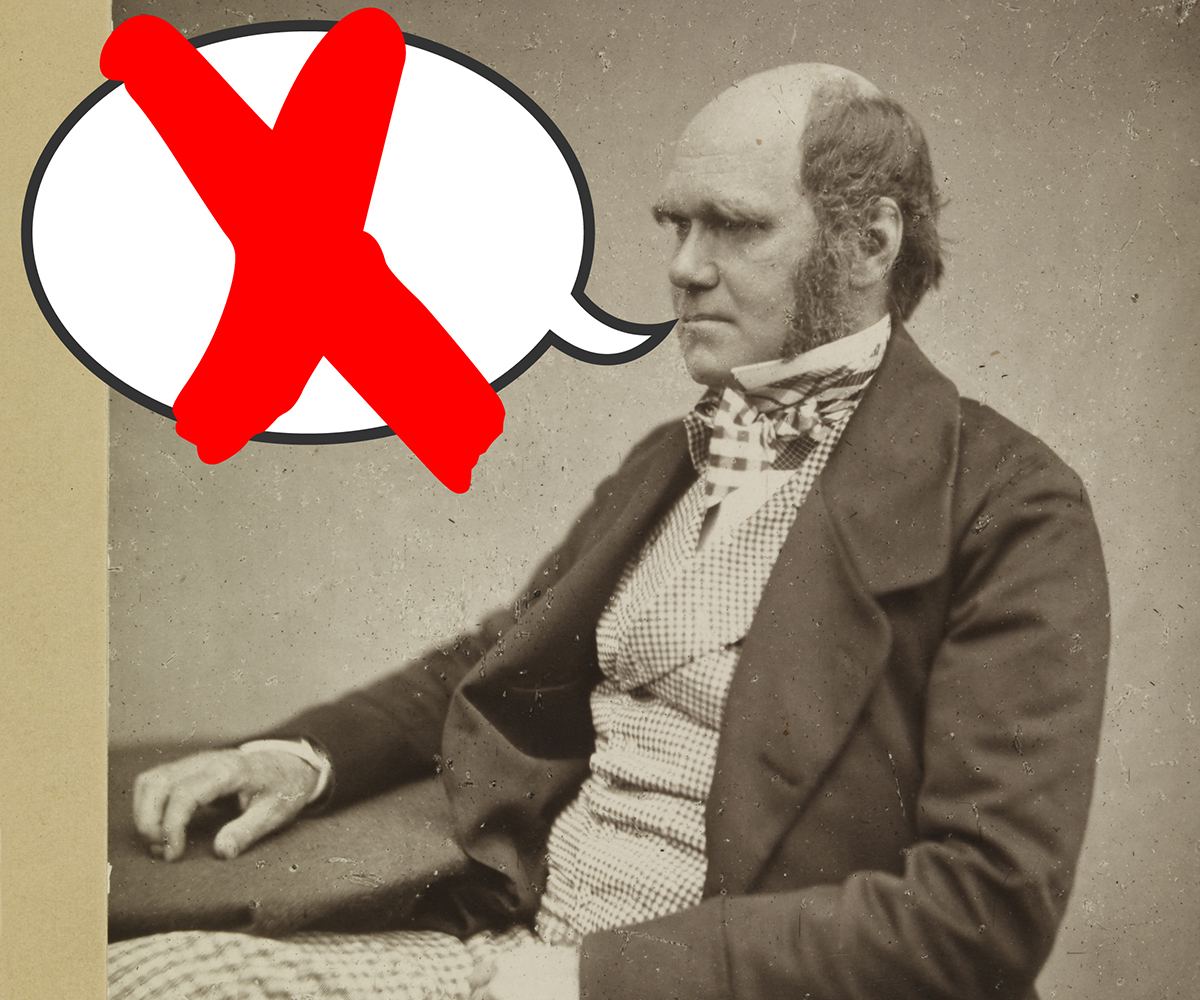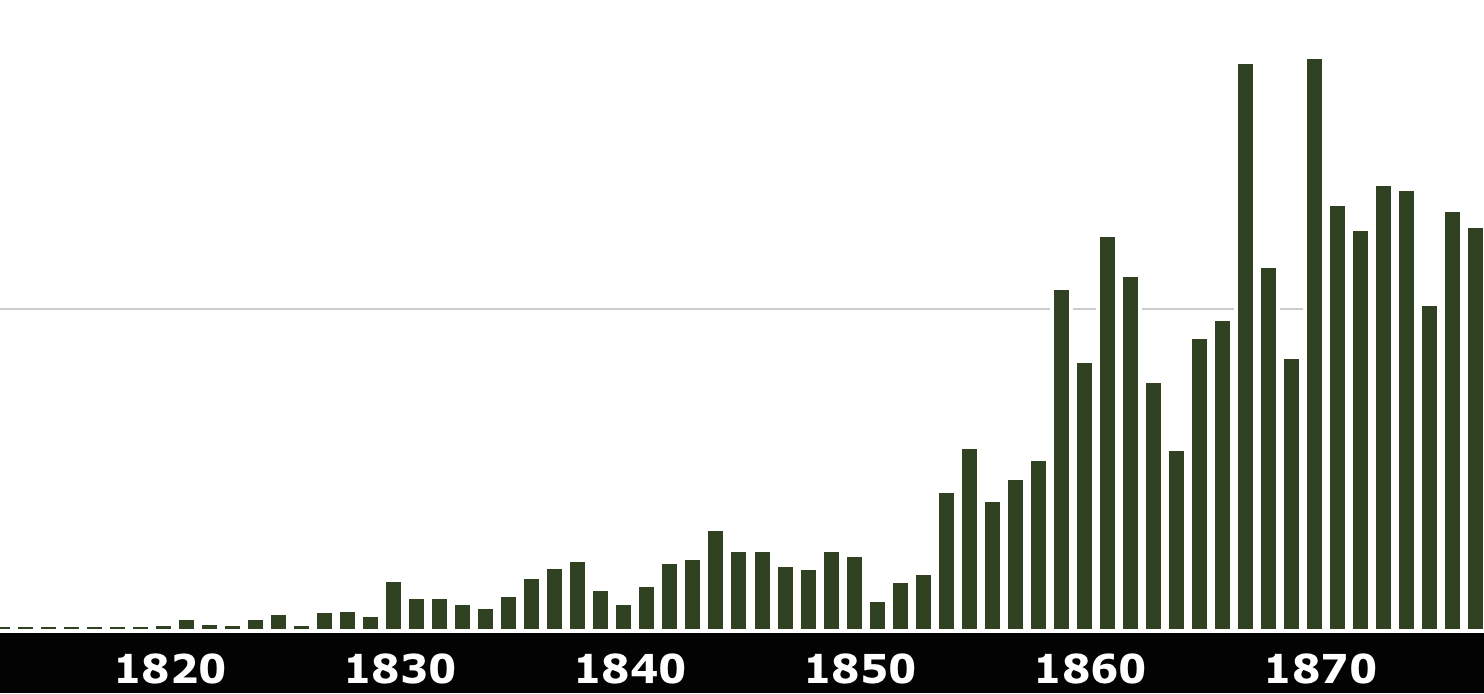We gave you six things Darwin never said (despite what you may read elsewhere).
None of the fake soundbites is more insidious than the first:
It is not the strongest of the species that survives, nor the most intelligent that survives. It is the one that is most adaptable to change.
It is all over the web, and is prominently placed in the stone floor of the headquarters of the California Academy of Sciences (though the original attribution to Darwin has since been removed).
Nicholas J. Matzke, of the Department of Integrative Biology, University of California, Berkeley, worked out its history. As you can read on Nick's blog, the source is the writings of Leon C. Megginson, Professor of Management and Marketing at Louisiana State University at Baton Rouge. The quote started out as a paraphrase. Megginson wrote in 1963:
According to Darwin's Origin of Species, it is not the most intellectual of the species that survives; it is not the strongest that survives; but the species that survives is the one that is able best to adapt and adjust to the changing environment in which it finds itself.
Megginson, 'Lessons from Europe for American Business', Southwestern Social Science Quarterly (1963) 44(1): 3-13, at p. 4.
(A similar version is in Megginson's article 'Key to Competition is Management', Petroleum Management (1964) 36(1): 91-95.)
Significantly, Megginson was a prolific author of textbooks and a prominent teacher in management studies, the field in which the bogus quotation remains most pervasive. Nick points out that one of Megginson's former students recalled that 'I learned a lot of good things from Leon Megginson's classes. One of the most valuable things I heard him say went something like this: Charles Darwin didn't say that only the strong survive. What he said was that those who survive are the ones who most accurately perceive their environment and successfully adapt to it.' Megginson had an interest in the theories of evolution through 'mutual aid' advocated by the Russian zoologist Karl Kessler, and his statements about Darwin clearly reflect that.
At some stage Megginson's paraphrase of Darwin, slightly recast, was presented as it it were an actual quotation from Origin. That part of the story remains to be told. And an earlier, closer match may also still be out there.
The importance of footnotes
Garson O'Toole sent us the results of his investigation into the second 'quote':
In the struggle for survival, the fittest win out at the expense of their rivals because they succeed in adapting themselves best to their environment.
You can see what he found on Garson's Quote Investigator site (where he also links to an earlier Wikiquote article ).
This fake quote started life as a discussion of Darwin's views in a 1960s textbook, Civilisation Past and Present, was quoted (with proper attribution to the earlier textbook) in The Living Clocks, by Ritchie R. Ward (1971), and escaped into the wild from there - presumably because someone didn't read the footnote.





